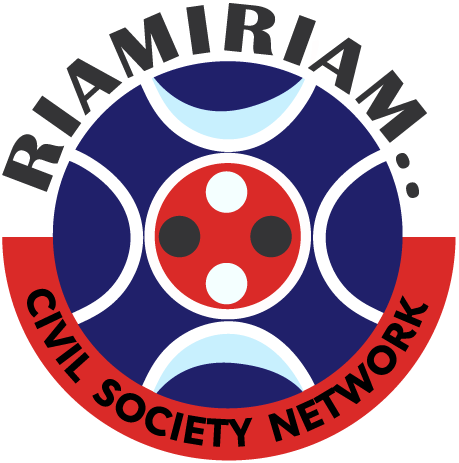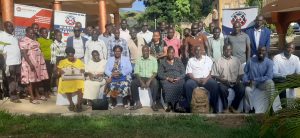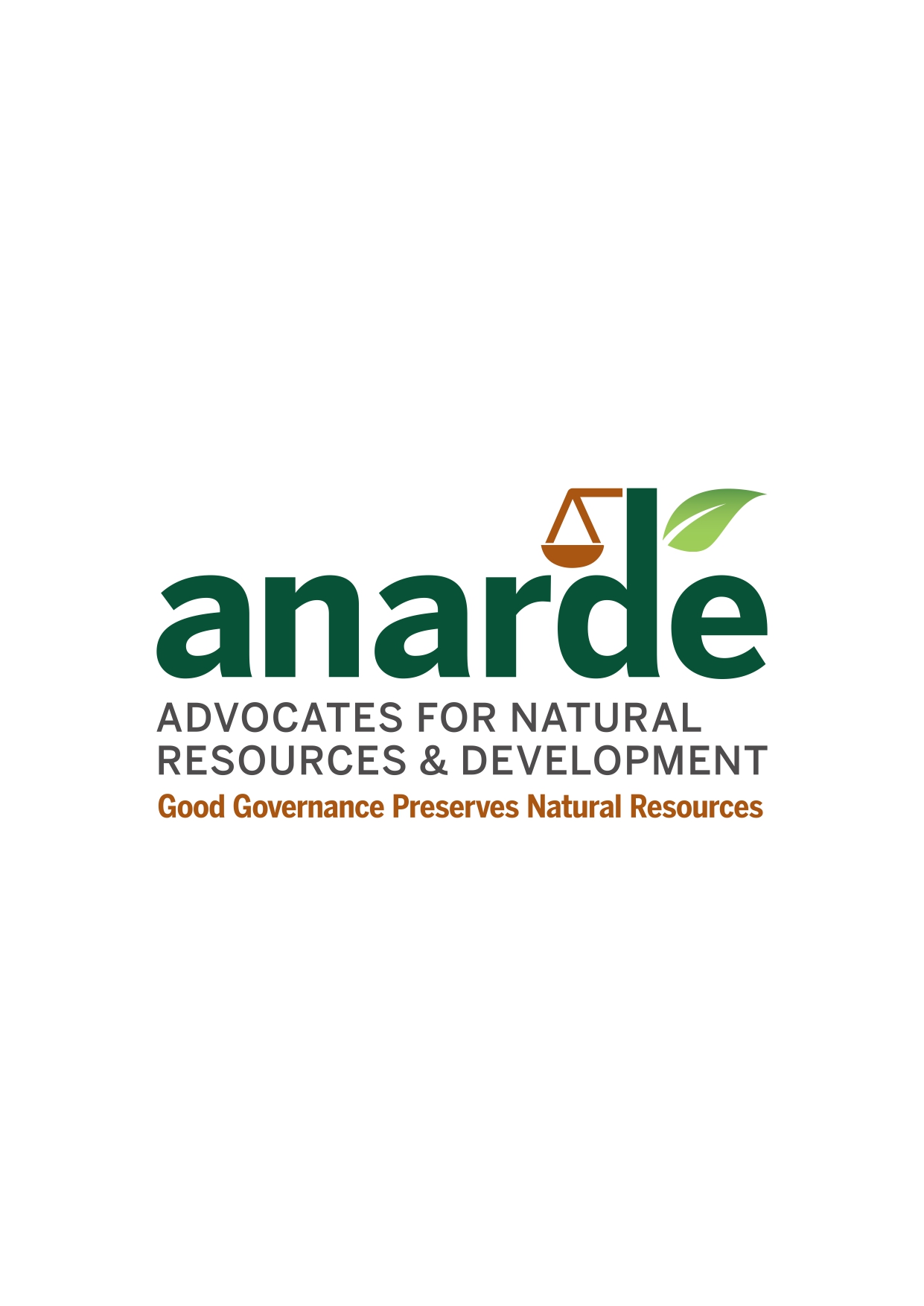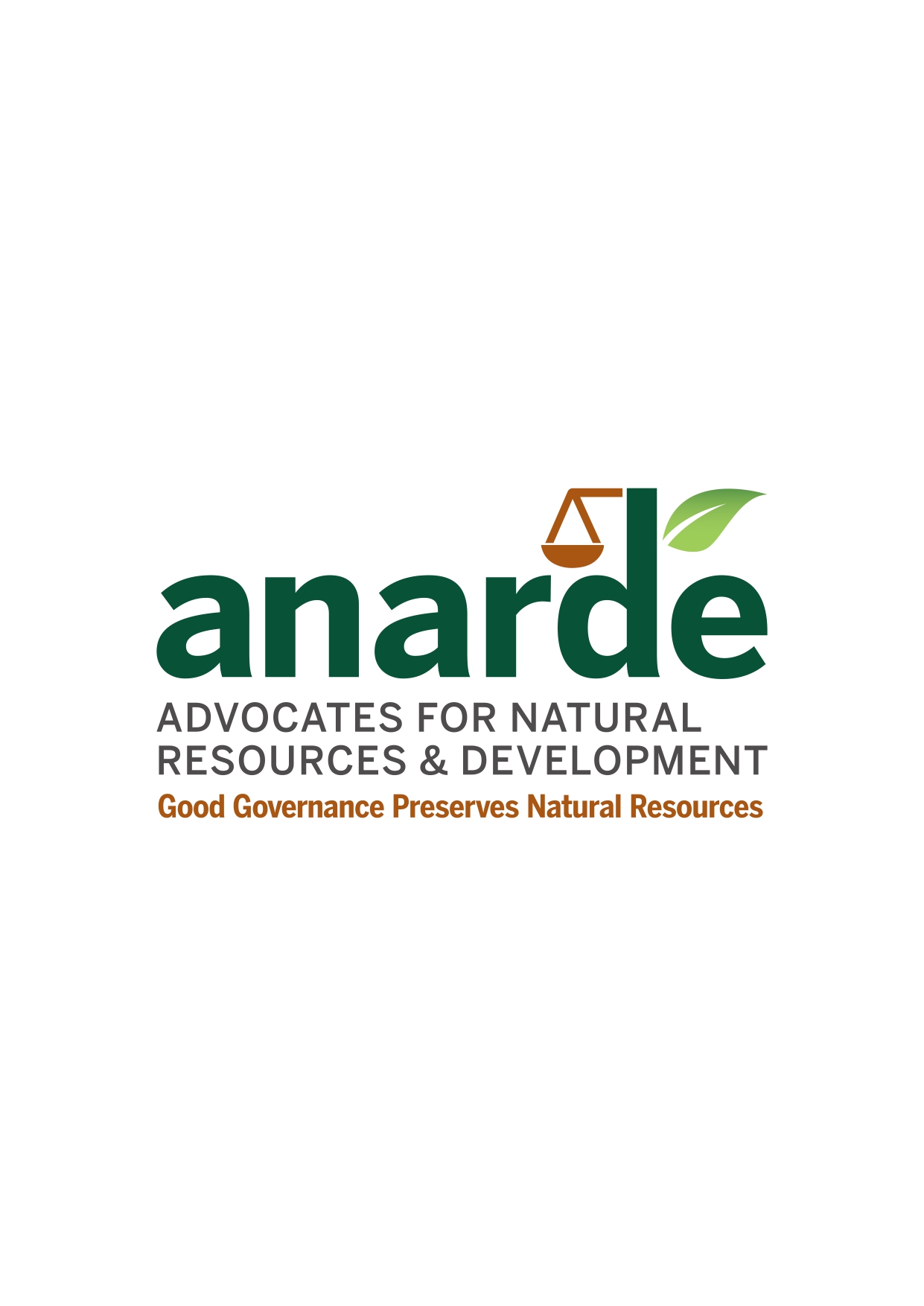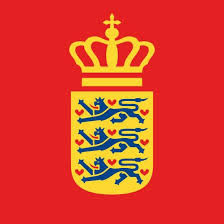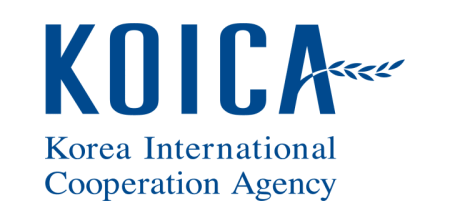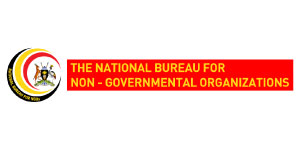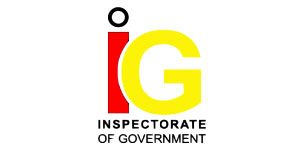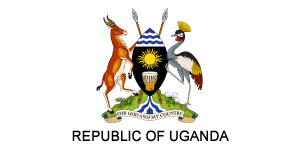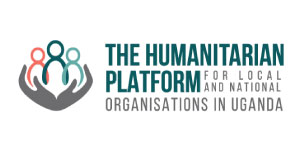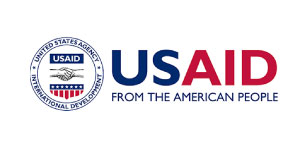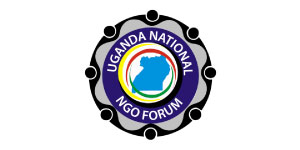Who We Are
Riamiriam Civil Society Network- Karamoja is a non-governmental organization that was established in 2003. The Organization is registered with the national NGO board with the registration number MIA/NB/2004/06/2677.
What We Do
Bridging the gap left by the international organizations and providing a common forum through which civil society organisations can articulate issues of concern and advocate for the improvement of the state of Peace, Education, Health, Human Rights, Governance, Livelihoods, and Development In Karamoja.
Projects
Governance, Service delivery, Food Security and Nutrition, Curbing in Karamoja
Get Involved
The network has over 88 subscribed registered member organisations, which are either community-based organisations or faith-based organisations that are local, national, and international non-governmental in nature. The Network is mandated to coordinate, and advocate for the rights of vulnerable people (Girls and Women, Elderly, People with Disability, Children, etc.) and facilitate capacity building of civil society organisations operating in the Karamoja region.
Thematic Areas

Governance & Accountability
Promoting transparency, accountability, and citizen participation

Peacebuilding & Conflict Resolution
Building Peace, Resolving Conflicts by empowering communities for lasting peace

Lobby & Policy Advocacy
Influencing Policy Change by amplifying voices for marginalized communities

Coordination of Civil Society Organizations
Uniting for Impact by Strengthening civil societies in Karamoja

Capacity building of member organizations
Empowering Members for Success through enhancing organizational capacity

Research & information sharing
Informing Decision-Making by Providing data-driven insights
Join Us Today!
Join Riamiriam today to strengthen governance, promote peace, and build self-reliant communities in Karamoja.
News Highlights
Upcoming Events

Dissemination of the Study on the Functionality and Capacity of Local Government Public Accounts Committees (LGPACs) in Uganda

INTERNATIONAL PEACE DAY CELEBRATIONS 2025- KOTIDO DISTRICT
UNDP, together with its implementing partners Riamiriam CSN-K, GARD, WARRIOR SQUAD, and BETTER WORLD, under the project BRICK being implemented in the districts of Moroto, Kotido, and Kaabong, is hosting International Peace Day 2025 in Kotido District.

BRICK PROJECT REVIEW MEETING IN KOTIDO DISTRICT.
